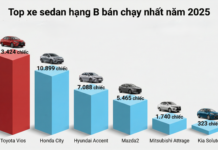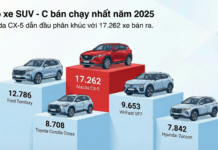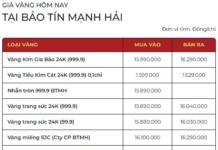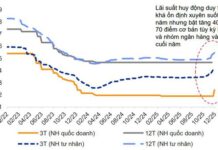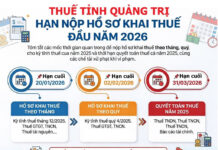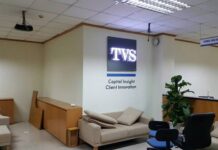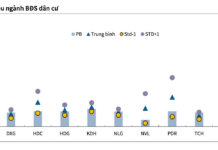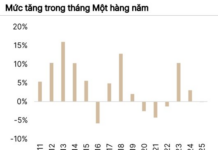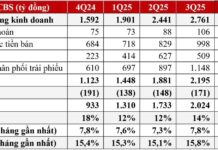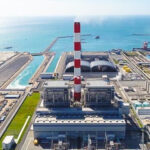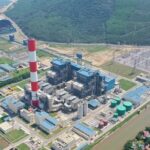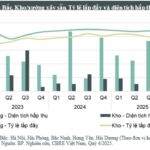According to the draft Decree outlining financial policies for International Financial Centers (IFCs) in Vietnam, the Ministry of Finance has proposed several tax policies to support businesses.
Application of 10% Corporate Income Tax Rate
Under National Assembly Resolution 222/2025, Vietnam will establish IFCs in Ho Chi Minh City and Da Nang, focusing on digital asset regulation and sandbox testing. The government will implement special mechanisms and policies to attract capital, technology, modern management methods, high-quality human resources, and infrastructure development to these centers.
To achieve these goals, the Ministry of Finance states that the draft Decree introduces specific, competitive, and modern financial policies for IFCs. These policies aim to attract and retain long-term investments from financial institutions, strategic investors, and domestic and international organizations and individuals.
Regarding tax policies, the Ministry proposes a 10% corporate income tax rate for priority industries within IFCs, applicable for 30 years. This includes a maximum tax exemption of 4 years and a 50% tax reduction for up to 9 subsequent years.
For non-priority industries, a 15% tax rate will apply for 15 years, with a maximum tax exemption of 2 years and a 50% tax reduction for up to 4 subsequent years. The preferential tax period begins in the first year the new investment project generates revenue, with tax exemptions and reductions calculated from the first year of taxable income.
Professor Hoang Van Cuong, a National Assembly delegate from Hanoi, emphasizes that Resolution 222 allows for special policies to develop IFCs in Vietnam. These policies cover foreign exchange, banking, tax incentives, capital market development, finance, land, labor, and employment. Therefore, the proposed corporate income tax incentives are essential.
Professor Cuong notes that global financial centers offer tax incentives. Vietnam’s proposed incentives must be competitive to attract investment. The 10% corporate income tax rate for 30 years is a strong invitation, demonstrating the government’s long-term commitment and determination to attract investment to IFCs.
Minister of Finance Nguyen Van Thang highlights that the proposed mechanisms and policies are groundbreaking compared to current laws. The tax, human resources, and infrastructure policies are superior to those of many other IFCs. These measures aim to attract financial conglomerates, investment institutions, and fintech companies. Tax policies will be complemented by fee, land, and administrative support policies to create an attractive investment environment.
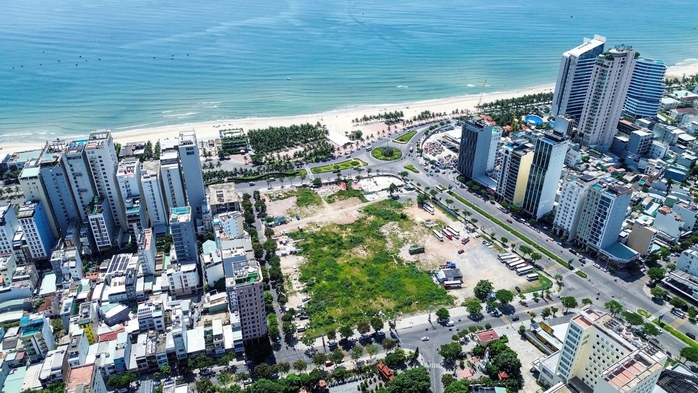
Land plot on Vo Nguyen Giap – Vo Van Kiet Street, the proposed site for Da Nang’s International Financial Center. Photo: HAI DINH
Personal Income Tax Exemption for Experts and Scientists
Nguyen Trung Nam, Deputy Director of the Vietnam Mediation Center (VMC) and arbitrator at the Vietnam International Arbitration Center (VIAC), stresses the need for exceptional tax incentives for businesses in IFCs.
Regarding corporate income tax incentives, Nam explains that specific rates are tied to industries and durations. Businesses can maximize benefits by meeting multiple conditions. These policies are expected to foster new financial products and services, such as green finance and digital assets, attracting international investment, financial institutions, and advanced fintech.
Notably, the draft Decree on personal income tax (PIT) proposes exempting managers, experts, scientists, and highly skilled professionals working in IFCs (both Vietnamese and foreign) from PIT on salary income until 2030. The exemption period starts from the month income is earned, with partial months counted as full months.
Individuals earning income from transferring shares, capital contributions, or related rights are exempt from PIT on this income until 2030. Sales of entire businesses with associated real estate are taxed as real estate transfers.
Economist Ngo Tri Long believes that PIT exemptions for experts and scientists will enhance competitiveness in attracting high-quality talent, crucial for IFCs. Given the high incomes in finance, these professionals face higher tax brackets. Tax exemptions provide stability and confidence, encouraging them to work in IFCs.
The Ministry of Finance confirms that procedures for corporate income tax, PIT, and import-export tax exemptions and reductions are based on existing tax laws, ensuring consistency and avoiding new administrative burdens.
Billion-Dollar Power Projects in Vietnam Face Major Concerns as Ministries Seek Special Exemptions
In a move to alleviate tax burdens, Vietnam’s Ministry of Finance has proposed solutions to address the global minimum tax challenges faced by billion-dollar power plants in the country. This initiative aims to support BOT (Build-Operate-Transfer) electricity projects, which are at risk of incurring an additional $400 million in tax liabilities.


